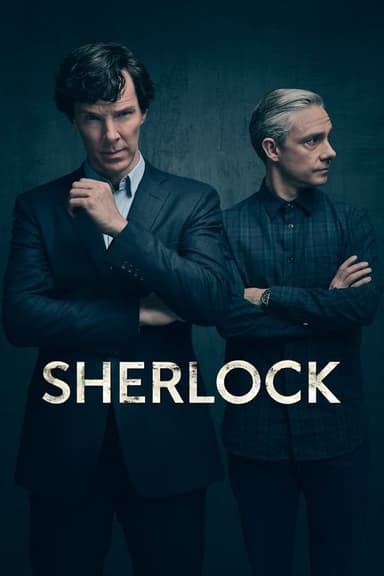
Childhood's End
2015 • Drama, Sci-Fi & Fantasy • TV-14
The peaceful alien invasion of Earth by the mysterious “Overlords,” whose arrival begins decades of apparent utopia under indirect alien rule, at the cost of human identity and culture.
Why you should read the novel
Arthur C. Clarke's 'Childhood's End' offers a deeply philosophical and thought-provoking exploration of humanity's place in the universe that simply cannot be matched by its TV adaptation. The novel masterfully weaves themes of transcendence, evolution, and the loss of identity, inviting readers to grapple with questions about the cost of utopia and the meaning of progress in a way only Clarke’s prose can achieve.
Reading the book immerses you in Clarke’s visionary storytelling, allowing you to fully appreciate the psychological depth and nuanced world-building that the television series can only touch upon. From the mysterious arrival of the Overlords to the awe-inspiring finale, every page provides insights that television cannot fully portray.
For those who crave intricate speculation on humanity's future and the profound implications of alien contact, the novel rewards readers with its intellectual richness and emotional resonance. Clarke’s writing is timeless, and diving into the source material will leave a more lasting impression than watching any adaptation.
Adaptation differences
The 2015 TV adaptation of 'Childhood's End' takes several creative liberties that distinguish it from Arthur C. Clarke’s original novel. One of the most notable differences is the series’ focus on specific human characters, particularly Karellen’s chosen intermediary, Ricky Stormgren. The show invents new backstories and character arcs, often dramatizing personal relationships and emotional conflicts that are much less prominent in the book, which maintains a broader, more philosophical perspective on humanity as a whole.
The treatment of the Overlords is also notably different. In the adaptation, the Overlords are depicted with greater emotional involvement in human affairs, sometimes showing empathy and personal investment in individuals. In contrast, Clarke’s novel portrays them more as distant and inscrutable facilitators of human destiny, maintaining a cool detachment that reinforces the sense of otherness and cosmic scale.
Another major difference lies in the portrayal of humanity's transformation. The novel describes the transition as an almost abstract, collective event—mysterious, inevitable, and largely incomprehensible to ordinary humans. The series, however, tends to personalize this evolution, attaching it to the experiences of a few characters for dramatic effect, which can detract from the overarching, awe-inspiring vision of the book.
Additionally, the television version updates certain settings and technologies to reflect contemporary expectations and sensibilities, altering some plot events for pacing and modern relevance. These modifications result in a more conventional narrative structure, but risk simplifying the philosophical complexity and subtlety that make Clarke’s original work such an enduring masterpiece.
Childhood's End inspired from
Childhood's End
by Arthur C. Clarke



